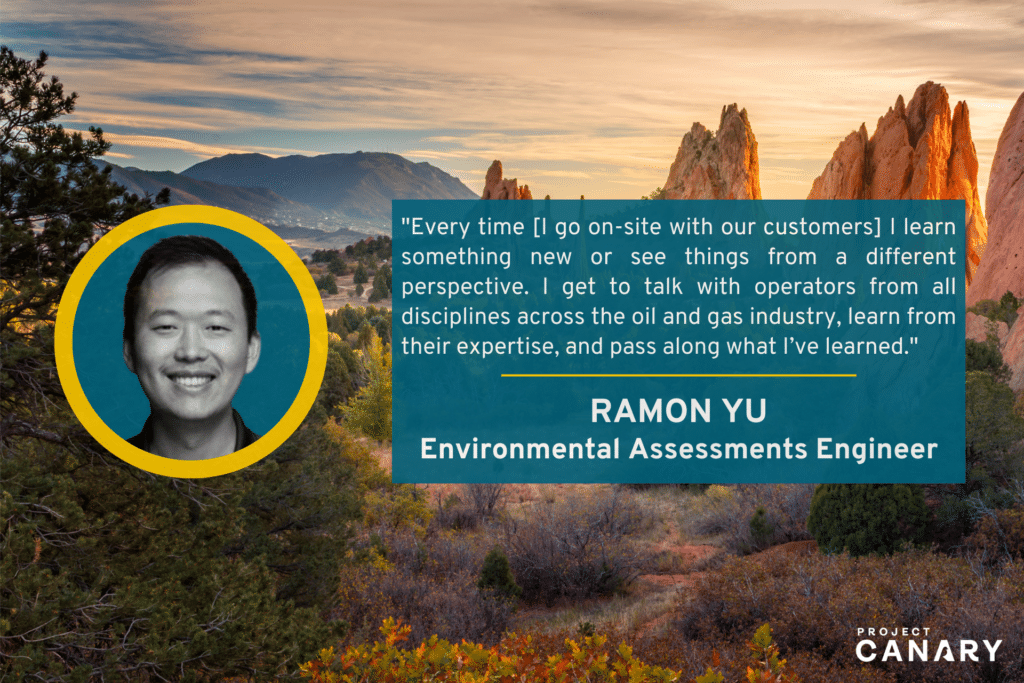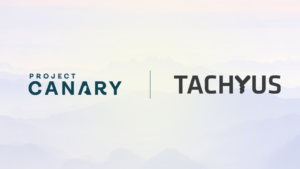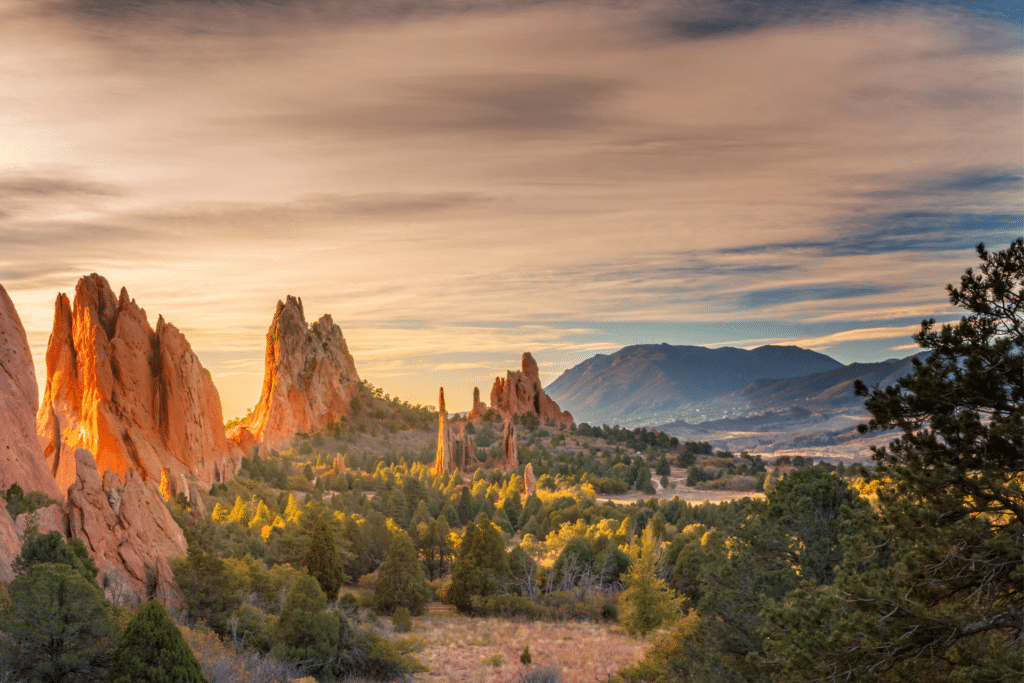
What is your background in oil and gas?
I graduated from Texas A&M with a degree in petroleum engineering in 2017. Then I went to work for Liberty Oilfield Services, now known as Liberty Energy. They brought me to Colorado, where I spent about four years as a hydraulic fracturing field engineer. Most of my experience was here, in Denver, Colorado, in the DJ basin, with a few short stints in Wyoming and North Dakota. I spent the second half of my career in Midland, Texas, in the Permian Basin, eventually returning to Colorado.
What brought you to Project Canary?
Going all the way back to college, I’ve always believed that oil and gas is something we’re going to need as a society for a long time to maintain our living standards. But it hasn’t always been produced in the most sustainable way.
This tension between society’s need for oil and gas and the importance of responsible operations is what brought me to Project Canary. Most of our engineers have field experience and understand the day-to-day challenges of operations. But they’re also incredibly passionate about ensuring that operators understand their responsibility to the environment and surrounding communities. Working at Project Canary was an opportunity for me to help spread that care and responsibility around the industry.
How is working at Project Canary different than working in the field or for an operator?
[Laughter] It’s a lot less dusty, and the coffee is way better! But in-office perks aside, when I was in the field, I was really working on one thing—hydraulic fracturing. Because I was so hyper-focused on one part of operations, my job sometimes felt rinse and repeat. At Project Canary, I get a much more holistic view. Instead of just thinking about one specific area, I also get to look at casing design, cement design, energy response, spill control, and the list goes on.
One of my favorite parts of my job is going on site visits and seeing how different operators set up their facilities across the countries. Every time I learn something new or see things from a different perspective. I get to talk with operators from all disciplines across the oil and gas industry, learn from their expertise, and pass along what I’ve learned.
Describe a day in the life of a TrustWell engineer. What does your day to day look like? Explain your role.
First of all, it’s a lot of reading! We spend a lot of our time looking at the documentation our clients submit. I’ve had clients put in little notes to check if we’re reading, and believe me, we go line by line. I also work closely with our software teams to help automate tasks and develop the software we use.
We spend a lot of time discussing projects as a team. We all have different backgrounds. As I mentioned, I focused on hydraulic fracturing when I was in the field, but some of my colleagues were focused on drilling while others were on the environmental side. There’s a lot of knowledge sharing to make sure we’re taking a cross-disciplinary approach.
I also get to spend time in the field, which is a throwback to my old days. You get to don the flame-resistant gear, your hard hat and explore the site. The face-to-face interaction here is so important to me. I finally get to look beyond the paperwork and build connections with my customers. I learn something new every time I go on-site—I’ve seen operators taking innovative approaches I’ve never seen before. I really believe that all of us in the oil and gas industry are in this together. If one person finds a new, better way to do something it’s important that we share that knowledge so we can all get better.
What are the biggest challenges facing our customers?
Gathering the documentation can certainly be a challenge. We ask for everything, so our clients provide information they don’t necessarily engage with daily. But I’ve found that this is a great opportunity for many of our clients to reach out to teams they don’t interact with every day. Our clients often end up really engaged with the process and get to review reports that they haven’t looked at in weeks, months, or even years. It’s a chance for them to review alongside us. Some operators we work with even have a little bit of friendly competition within the organization. We’ll see, for example, the drilling department trying to one-up the completions team. It keeps the process light and fun.
The other thing I’ll say is that this process requires some vulnerability from our customers. You have a group of people you don’t know looking at all aspects of your operations. It’s really important to me to build trust with our customers. We’re really in this together—the improvements we make benefit individual companies, the industry through knowledge sharing, and the communities our operators work in (and many of our operators actually live in those communities).
What is the most exciting development you’ve seen in oil and gas in the past 3-5 years?
I’ve seen a really incredible shift in mindset. People are putting a tremendous amount of care into the work they do. Our customers want to lower emissions, they want to stop spills, and they’re really holding themselves to next-level standards. Community has also become such a big focus for many operators. We have clients that excel in cleanliness and environmentalism and are committed to reaching out to community members, hosting events, providing education, and even doing facility tours. It feels like the next generation of oil and gas, and it’s inspiring to see just how much the mindset has changed and how committed operators are to evolving.
What do you think the future holds for the industry?
I think the future is bright. Sure, there are certainly issues the industry has to grapple with – we’ve all seen headlines about mistakes made in the past that have recently come to light. But being in the field with operators, reviewing all their materials, I’ve seen firsthand that operators really do care about the environment and want to keep operations as clean as possible.
I hope the public starts to notice. We all like having air conditioning in 100-degree weather. We enjoy taking our cars on road trips to go camping in the mountains. These activities are made possible by fossil fuels. Oil and gas companies are paving the way for what it means to be environmentally responsible while allowing us to continue enjoying the modern comforts we all rely on.


